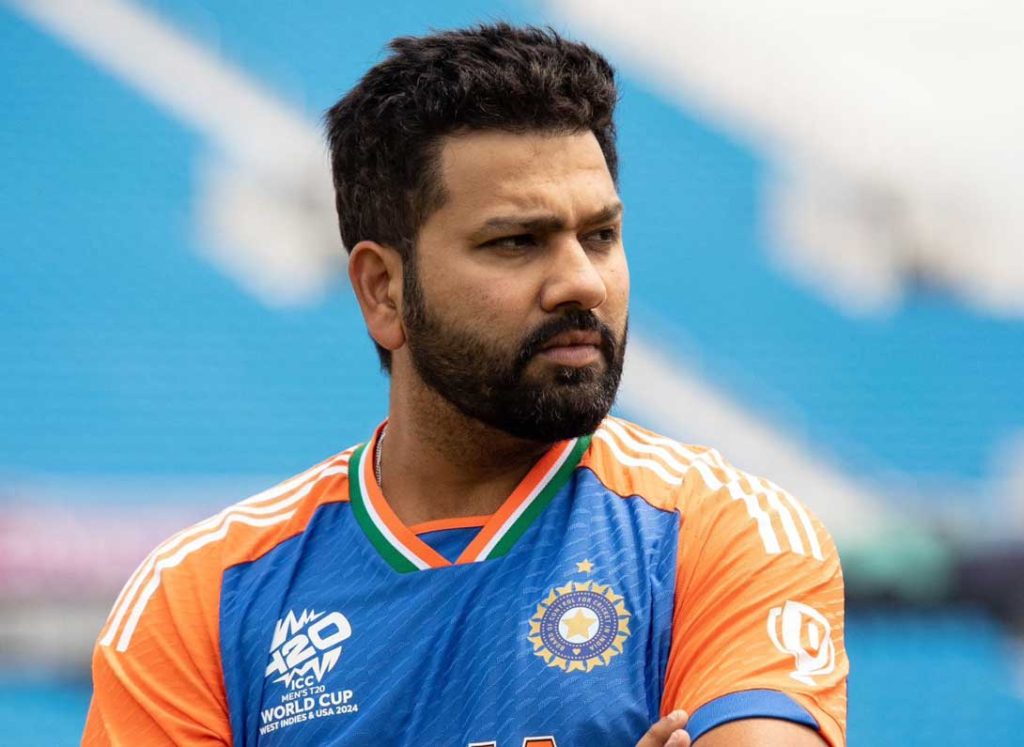
Rohit Sharma’s captaincy has come under intense scrutiny after India’s disappointing defeat in the fourth Test match of the Border-Gavaskar Trophy at the Melbourne Cricket Ground.
The loss sparked a widespread debate on Sharma’s leadership, tactics, and team selection.
While Rohit Sharma has had his accolades, including leading India to a T20 World Cup victory, his recent Test performances have not lived up to expectations.
Underwhelming performance
India was comprehensively outplayed by Australia, losing by 184 runs, putting Sharma’s captaincy in the spotlight for all the wrong reasons.
Critics argue that Sharma’s decision-making, particularly in bowling changes and field placements, lacked the proactivity expected from a Test captain.
Many also saw his choice to return to opening the batting in this match, displacing a well-set KL Rahul, as a misstep, especially since Sharma scored just 3 runs in his first innings, adding to his tally of poor performances in this series.
Defensive tactics under fire
Sharma’s defensive field settings, especially against Travis Head, were a point of contention.
Experts like MSK Prasad, a former BCCI selector, lambasted Sharma’s tactics, noting a lack of aggression that allowed the Australian batters to settle in and dominate. The consensus seems to be that Sharma’s failure to adapt his strategies to the situation has been a significant factor in India’s series performance.
Criticism pours in
Several former cricketers and analysts have not held back in their critique.
Ravi Shastri, who once served as India’s head coach, described Sharma’s approach as ‘too subdued,’ lacking the dynamism needed in Test cricket. Shastri pointed out in his commentary, ‘You still have to believe that you can bounce back in this series. But for that, you need your captain to be more involved and animated.’
Another star veteran, Sunil Gavaskar, also criticized Sharma’s decision to open over the established pairing, stating, ‘Rohit Sharma shouldn’t have opened in the fourth Test against Australia.’
Aakash Chopra even suggested that Sharma should consider stepping down for the final Test to allow Shubman Gill to bat at No. 3, potentially benefiting the team’s structure.
Social media posts too highlighted Sharma’s struggles both as a captain and a batsman, with some even calling for his retirement from Test cricket or a change in leadership.
Fifth Test crucial for Sharma
With the series still in play, the final Test in Sydney is a critical juncture for Sharma.
There’s speculation on whether he will step down if his form and captaincy do not improve, with Gavaskar suggesting that Sharma might take that decision himself.
As India looks to salvage the fifth Test, all eyes will be on Sharma to see if he can rise to the occasion or if this might mark the beginning of the end of his tenure as India’s Test captain.